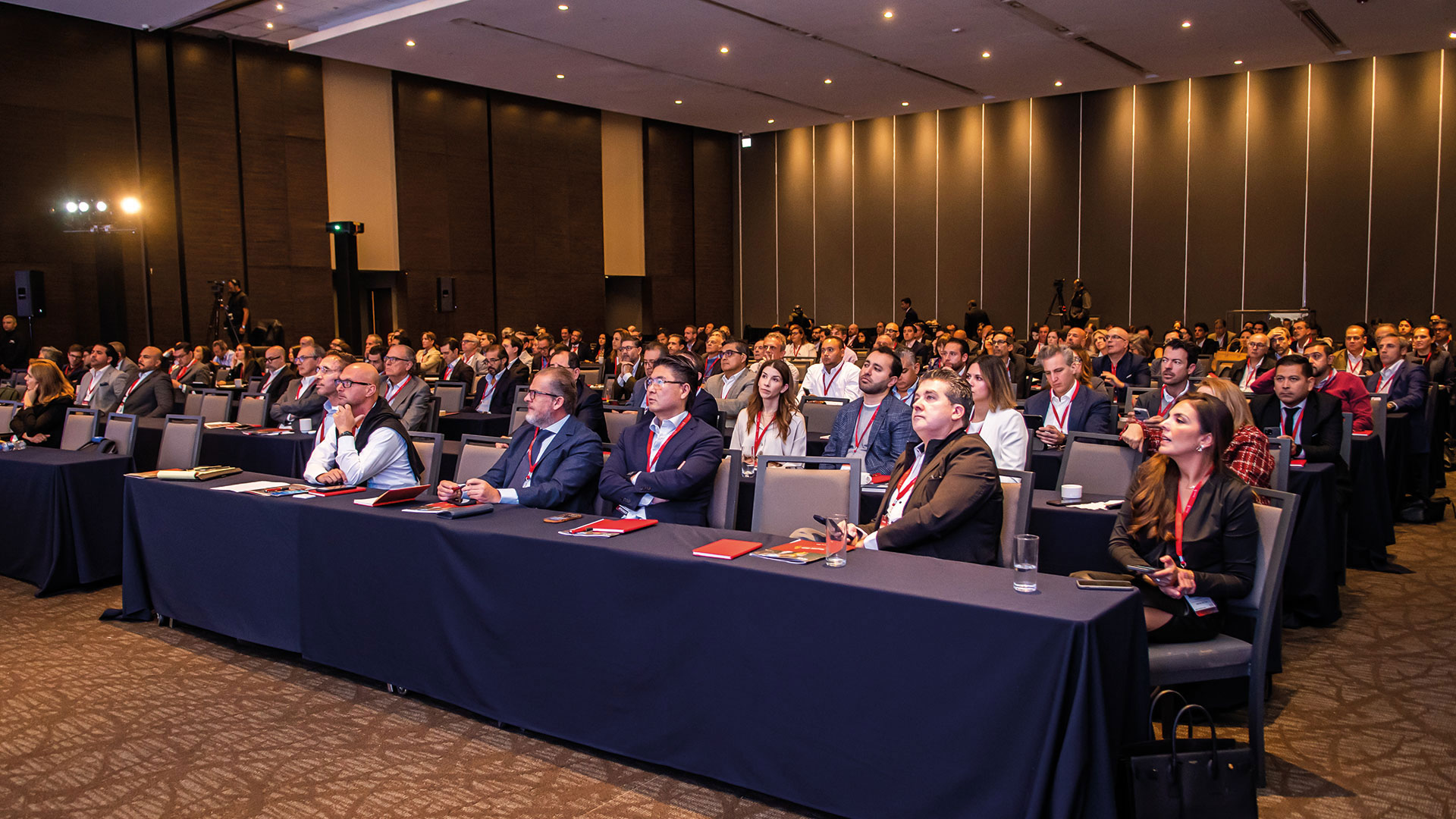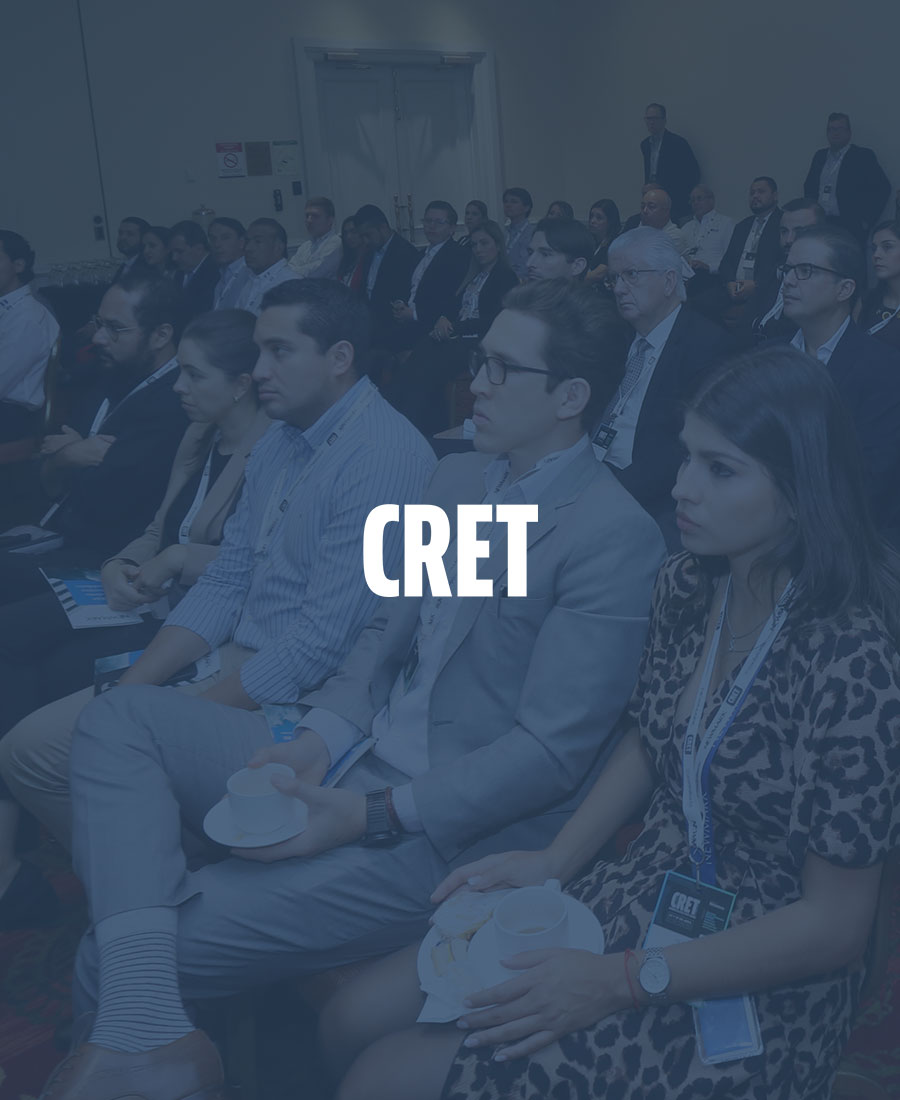Gomez Platero at HVS MexHIC: redefining luxury in the hotel industry.

Reading time: 5 minutes
On February 8, the 13th edition of HVS MexHIC was hosted at the Camino Real Polanco Hotel in Mexico City. Organized by HVS, the global leader in hotel and hospitality industry consulting, this annual conference has established itself as the foremost forum for discussing key aspects, challenges, and opportunities within the hotel sector.
This year, participants had the chance to delve into regional business opportunities, engaging directly with investors, banks, and investment fund representatives. They received detailed insights into projects and current market conditions, enhancing networking opportunities and fostering a deeper understanding of market dynamics.
Architect Carlos Sanchez, a member of the Business Development Department at the studio's office in Mexico, shared one of the main takeaways: "The hotel sector is poised for significant growth, particularly in the luxury and branded residences segments in Mexico. Regions such as Bahía de Banderas, Riviera Maya, Baja California, as well as business hubs in the Northeast and central parts of the country, are expected to see considerable activity related to new hotel developments."
The discussions and presentations made it clear that Mexico is becoming a leading market for luxury hotels, catering to the demand for unique experiences and sustainable practices among travelers. Generational shifts have reshaped expectations of luxury, with a greater emphasis on sustainability and inclusivity over traditional luxury. The rise of digital nomads during the pandemic has further fueled the desire for authentic experiences, moving away from conventional offerings.
Thanks to nearshoring, Mexico enjoys high regard among North American luxury travelers, as evidenced by the outstanding performance of hotels in Cabo and Puerto Vallarta in 2023. These locations boasted higher rates and revenue per room than destinations like Maui and Southern California.
Learn more about the evolution of experiential hotel development here.
The importance of experiential elements and sustainability is redefining luxury: according to a recent Expedia survey of 11,000 people, 50% indicated they would be willing to pay more for hotels that align with their environmental values through sustainable practices.
In conclusion, the market is also trending towards the development of hotels with branded residences, altering economic dynamics and offering a return on investment through the sale of these properties.
Let´s explore over two decades of hotel architecture experience here.



